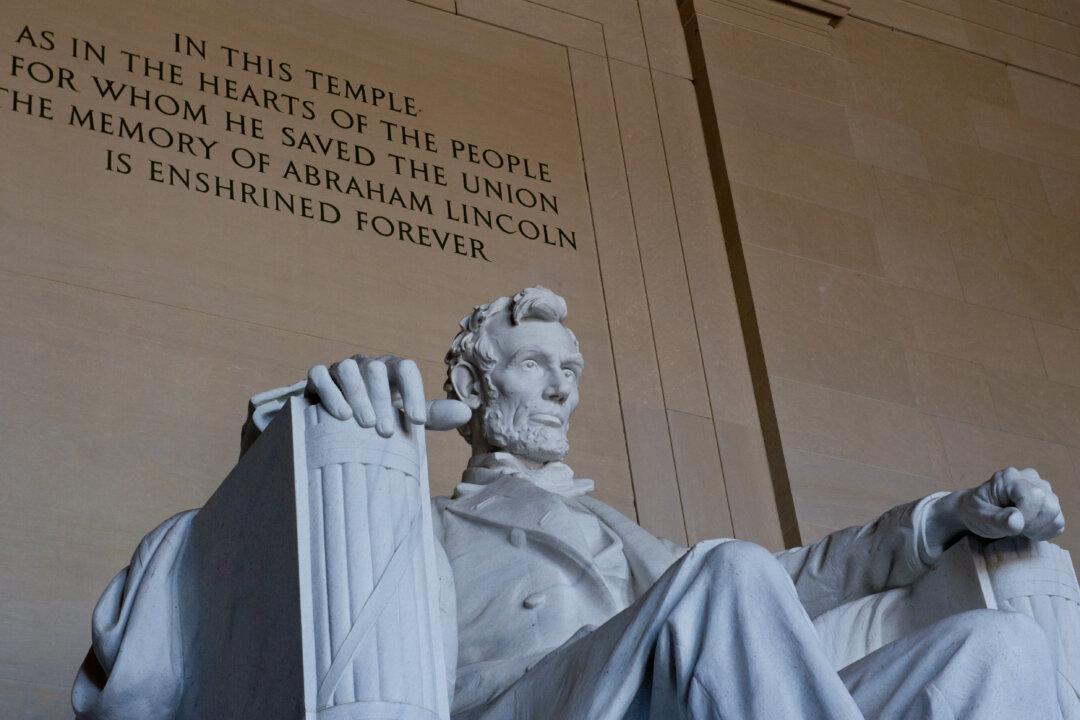Eighth-graders’ scores on U.S. history and geography tests declined from 2014 to 2018 while making no progress in civics, according to the latest National Assessment of Educational Progress (NAEP) results released Thursday.
Except for the very top-performing students, scores in U.S. history dropped among nearly all eighth-grade students on the NAEP, commonly known as the Nation’s Report Card. Only about 15 percent of a national sample of 43,000 test-takers in 2018 performed at or above NAEP’s proficient level.





